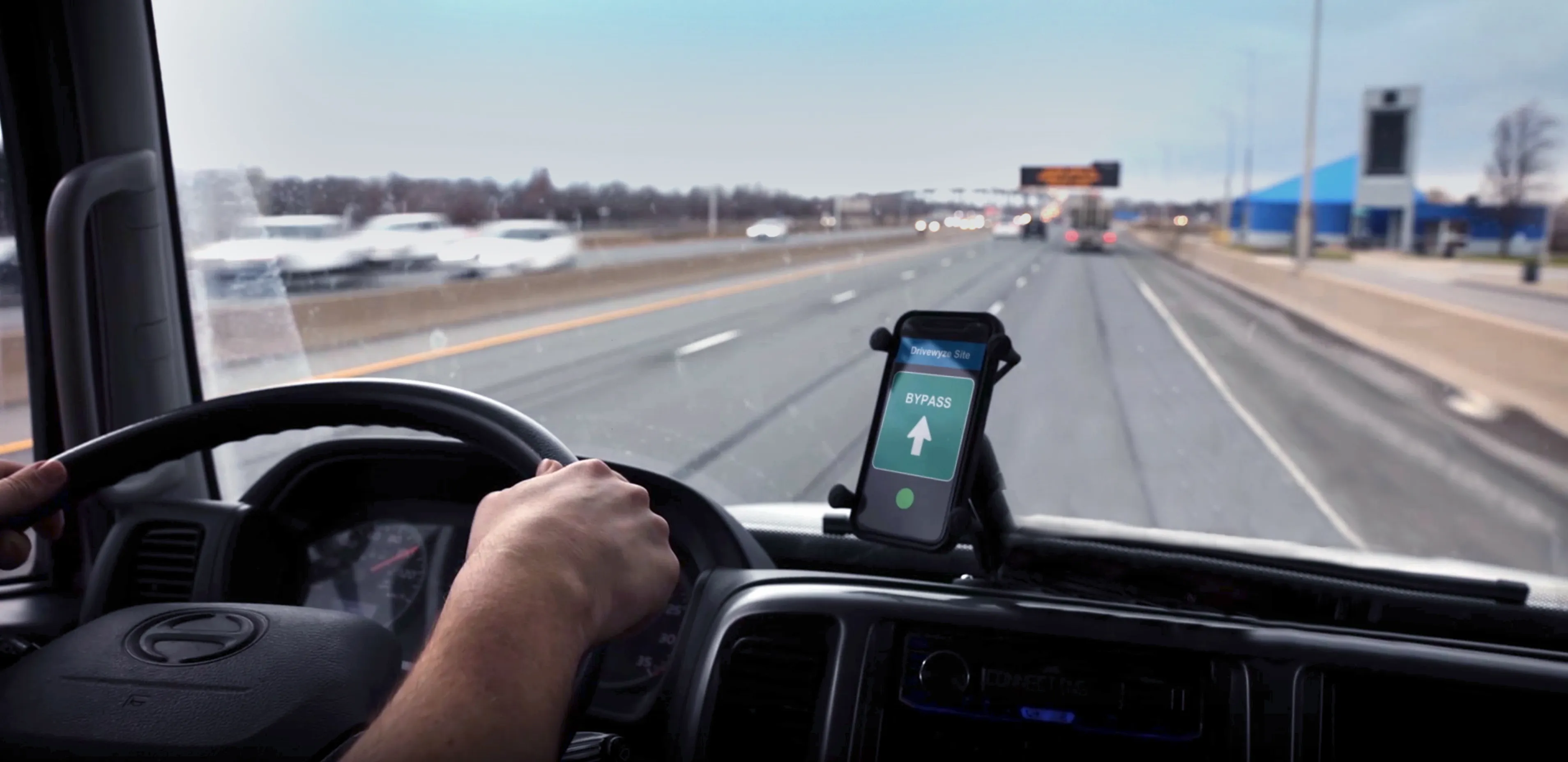The Indiana Departments of Transportation and Revenue, Indiana State Police, Purdue University and Kapsch TrafficCom have begun a pilot program to study a technology-driven approach to overweight vehicle and credential enforcement that holds the potential to extend highway life, capture fees now being evaded, increase truck compliance and enhance safety.
Under the pilot program, the State will leverage Kapsch TrafficCom’s commercial enforcement platform to identify, weigh and assess the legal compliance
June 13, 2016
Read time: 1 min
The Indiana Departments of Transportation and Revenue, Indiana State Police, Purdue University and 4984 Kapsch TrafficCom have begun a pilot program to study a technology-driven approach to overweight vehicle and credential enforcement that holds the potential to extend highway life, capture fees now being evaded, increase truck compliance and enhance safety.
Under the pilot program, the State will leverage Kapsch TrafficCom’s commercial enforcement platform to identify, weigh and assess the legal compliance of all trucks in real-time and at highway speeds 24 hours per day.
The system combines high-speed cameras with sophisticated in-pavement scales to identify and weigh all trucks as they travel, eliminating the need for trucks to slow down and pass through a weigh station. When combined with compliance information from federal and state databases, it provides a near real-time compliance assessment report to assist enforcement officers in targeting potential violators or, if proven accurate, generate citations for some violations.
Under the pilot program, the State will leverage Kapsch TrafficCom’s commercial enforcement platform to identify, weigh and assess the legal compliance of all trucks in real-time and at highway speeds 24 hours per day.
The system combines high-speed cameras with sophisticated in-pavement scales to identify and weigh all trucks as they travel, eliminating the need for trucks to slow down and pass through a weigh station. When combined with compliance information from federal and state databases, it provides a near real-time compliance assessment report to assist enforcement officers in targeting potential violators or, if proven accurate, generate citations for some violations.








